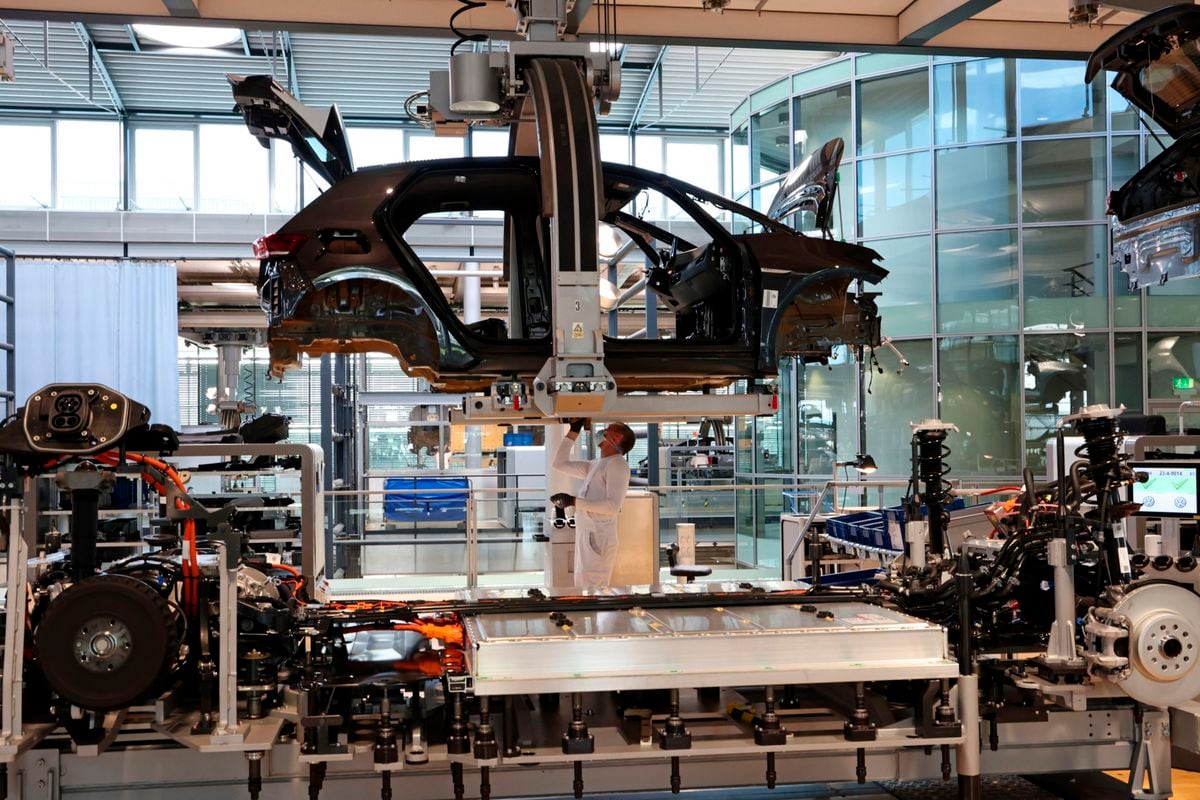The European industry is not lifting its head, according to data from the report issued by S&P Global and Hamburg Commercial Bank (HCOB) this Tuesday. The industrial production index (PMI) in the euro zone fell again in the month of March and marks its worst figure in three months. It lost four tenths compared to February: it fell from 46.5 points to 46.1. This decline is caused by the contraction of the two largest economies on the continent, Germany and France. Despite this, a slight improvement is observed in other countries, such as Greece, Spain and Italy.
It is not all bad news, since the Eurozone manufacturing production PMI experienced its best reading in the last 11 months in March. Despite this, it is not yet in numbers that indicate a recession.
A somewhat slower slowdown in new orders was reported in March, although the pace of decline slowed for the fifth consecutive month. In this way, a lower burden on international markets helped stop this fall in manufacturing demand in the euro zone, because the amount of export sales fell at a weaker pace.
Following the same path of declines, euro zone manufacturers recorded another month of declines in input costs in March, while the decline in sales prices was the fastest in the last five months.
HCOB chief economist Cyrus de la Rubia noted in a press release that while the eurozone manufacturing sector typically operates through four main countries (Germany, France, Italy and Spain) that account for three quarters of parts of the sector, “we currently have the unusual situation that two cylinders, Germany and France, are more or less out of service.”
The industrial situation of Spain
The Spanish industry continues to drag its feet in the recovery process. In the shadow of the thriving services sector, the turnover of manufacturing activity closed 2023 with a fall of 1.6%, the largest decrease in a decade without taking into account the year of the pandemic, according to the National Institute of Statistics (INE). . The economic cooling, caused by rate increases or geopolitical uncertainty, amplifies the effects of rising raw material costs. Entrepreneurs trust in the boost of investment in digitalization and the green transition to overcome the stagnation of the sector.
The crisis in the industry is not unrelated to the bad moment that the sector is going through in the rest of the euro zone, with the German locomotive in recession. However, the drop in production, of 0.8%, was a third of that recorded by the continent as a whole, of 2.4%.
